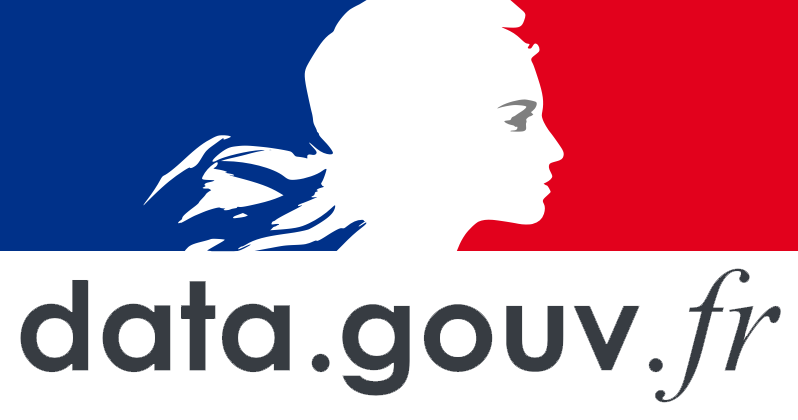Understanding the Collective Agreement for Press Agencies
The Convention collective nationale des employés, techniciens et cadres des agences de presse, ratified on April 7, 2017, serves as a pivotal regulatory document for employees within French press agencies. This agreement establishes a comprehensive framework encompassing salaries, working conditions, and dispute resolution mechanisms. Not only does it aim to uphold the rights of these media professionals, but it also seeks to foster a balanced and productive working environment.
Key Components of the Agreement
One of the primary aspects covered by this agreement is the salary framework, which ensures fair compensation across various roles within press agencies. By setting clear salary benchmarks, the agreement promotes transparency and consistency. In addition to structuring salaries, the document also underscores the importance of equitable working conditions, detailing guidelines regarding working hours, rest periods, and overtime compensation. These provisions are designed to promote a healthy work-life balance for employees.
Rights and Benefits for Employees
The agreement elaborates on the rights and benefits available to employees, ensuring they receive comprehensive coverage. This includes standard benefits such as health insurance, paid leave, and retirement options. Furthermore, it addresses professional development opportunities, supporting employees' career growth and adaptability in a fast-evolving industry. By reinforcing these fundamental rights, the agreement fosters a sense of security and empowerment among the workforce.
Navigating Dispute Resolution
An integral component of this collective agreement is its comprehensive dispute resolution mechanism. In case of conflicts between employees and employers, a structured approach is provided to address grievances. The procedures outlined prioritize mediation and amicable resolution, minimizing workplace tensions and encouraging constructive dialogue. This enhances overall company morale and productivity.
Implementing Changes and Negotiations
Press agencies are dynamic environments, requiring periodic updates to employment terms. This agreement outlines the procedures for negotiating changes, encouraging a collaborative approach. By involving both employer and employee representatives, the process ensures that any adjustments made are fair and transparent. This adaptability is crucial for maintaining relevance and efficiency in a constantly changing media landscape.
Benefits for Employers
For employers, following this agreement can yield significant organizational benefits. Compliance leads to improved employee satisfaction and retention, which are critical for operational stability and success. Moreover, it helps industry leaders set a standard for best practices, enhancing their reputation and attractiveness to top talent. This ultimately contributes to more effective business strategies.
Conclusion: A Framework for Fair Employment
The Convention collective nationale des employés, techniciens et cadres des agences de presse serves as a model for fair employment practices within the press agency sector. By establishing clear rights, obligations, and procedures, it empowers employees and enhances organizational effectiveness. Implementing and adhering to such agreements can provide a solid foundation for thriving in the competitive landscape of media and communication. By upholding the values of fairness and transparency, press agencies ensure lasting success and employee satisfaction.
